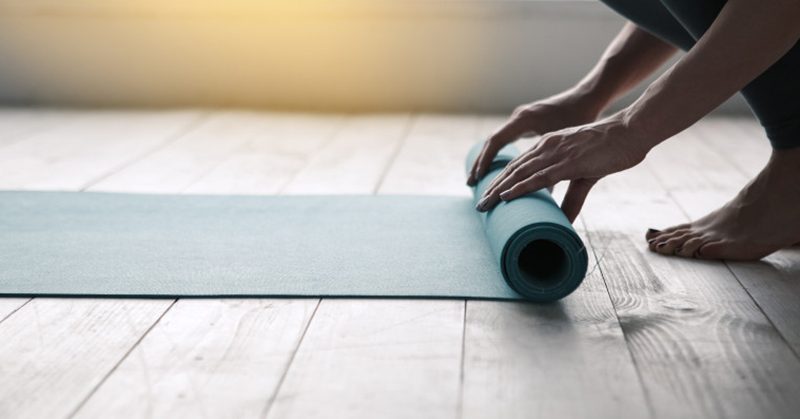I’ve been finding myself having a hard time quieting the six inches between my ears lately. While talking with a friend, he noticed that I was having trouble concentrating and made a comment, which made me focus for a few minutes before I found myself drifting again. To be honest, this happens to me all the time. And I’m not alone. Many of us find our minds running wild at very inopportune moments – during a meeting, in class, in the middle of a conversation or even when trying to sleep. We process upwards of 50,000 thoughts per day – and if you’re anything like me, you process more than one at a time – much to the detriment of what you’re trying to do at that moment.
When our minds start to drift, it’s often to things that have us worried or stressed. Sometimes we go so far as to create scenarios in our heads – “if this happens then I will” or “I should have” – all this incessant chatter does nothing but rob us of the moment we are in. So, what can we do to stop it? Practicing meditation has really helped me quiet my mind and become more present in my daily life. It’s simple, effective and best of all – free!
Meditation has been around for thousands of years and is practiced throughout the world. It can provide emotional benefits like increased imagination, creativity and self-awareness. It also helps to develop the ability to look at situations in new ways and to cultivate a sense of peace and contentedness. It’s great for managing symptoms of illnesses like anxiety, depression, high blood pressure, headaches and chronic pain. We all know that the military lifestyle comes with its own unique challenges, like deployments and changes of station – so we can all use a little help reducing our stress and becoming more present, right?
Before you begin, it is important to understand that meditation is a practice. When you practice something, you get better at it the more you do it. When I first started to meditate, it was awful! My mind would not stop wandering and I had a hard time being still – five minutes seemed like an eternity to sit and do nothing, but I persisted. With time, it got a little bit easier. Here are the basics…
- Start slow and set a timer. You don’t have to meditate for an hour. A few minutes will do – most people go for 10-30 minutes. Start with something manageable like 4-6 minutes per day.
- Choose a time of day and keep it consistent. I like to meditate in the morning right after I wake up and start the coffee. I have tried it at night, but the morning seems to set a better tone for my day, but the choice is yours – find what works for you.
- Get comfortable – but don’t fall asleep! When the weather is nice I sit on my deck. During the winter I sit on the sofa, put my feet up and clasp my hands in my lap. Some people meditate in a chair, some sit on a cushion on the floor, some lie down. Try different things until you find what works for you.
- Turn the volume down on your phone. No interruptions if possible.
- Close your eyes – or don’t. Again, whatever works best for you – just make sure you keep your focus on your breath.
- Choose words or phrases to stay focused. For example, you could think to yourself “inhale peace” and “exhale worry.” One of my favorites is “love” on the inhalation and “peace” on the exhalation. Doesn’t just reading that make you feel better?
That’s it – there is no wrong way to do it! Yes, your mind is going to wander, and your nose will itch like it’s never itched before. Scratch it and return your focus to your breath. Keeping a journal while you’re getting started will help you to track your progress – when it felt easy, when you were more stressed, how long you were able to maintain your focus – and set goals for improvement. Hopefully, you’ll find that incorporating meditation into your day brings a new sense of relaxation and focus to help you face whatever the day may bring! Enjoy!




